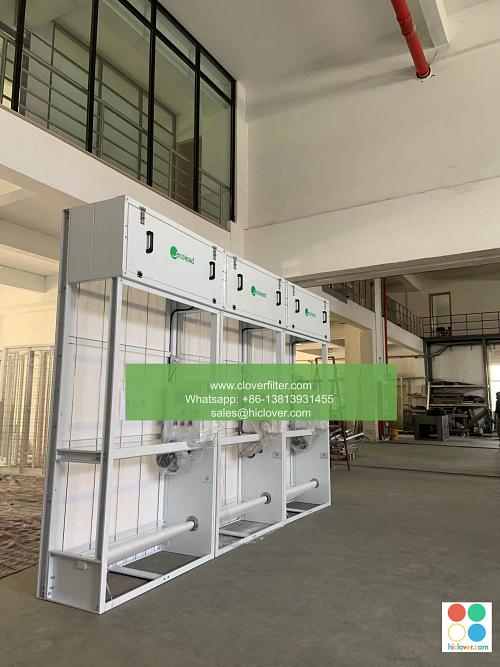The Basics of Metal Mesh Filters: Understanding the Essentials

The Basics of Metal Mesh Filters: Understanding the Essentials
Metal mesh filters are widely used in various industries, from food processing to aerospace, and play a crucial role in removing impurities, contaminants, and debris from air, liquids, and gases. In this article, we’ll delve into the basics of metal mesh filters, highlighting their components, advantages, and applications in different industries.
What is a Metal Mesh Filter?
A metal mesh filter is a type of filter that consists of a fabric or mesh material made from metal wires, such as stainless steel, aluminum, or brass, woven together in a specific pattern. The metal mesh is woven to create small openings or apertures, which allow filtered particles to pass through while rejecting larger particles.
Types of Metal Mesh Filters
There are several types of metal mesh filters, each with its unique features and applications. Some common types include:
- Fine Mesh Filters**: These filters have smaller aperture sizes, making them suitable for removing fine particles, such as dust, smoke, and small debris.
- Coarse Mesh Filters**: These filters have larger aperture sizes, making them suitable for removing larger particles, such as pellets, chips, and small particles.
- Electrochemically Etched Mesh Filters**: These filters are manufactured using electrochemical etching, which allows for precise control over the mesh aperture size.
Advantages of Metal Mesh Filters
Metal mesh filters offer several advantages, including:
- High-Flow Capacity**: Metal mesh filters allow for high-flow capacities, making them suitable for large-scale applications.
- Good Chemical Resistance**: Metal mesh filters are resistant to chemicals and can withstand harsh environments.
- Maintenance-Free**: Metal mesh filters are easy to clean and maintain, reducing the risk of clogging and corrosion.
Application Areas of Metal Mesh Filters
Metal mesh filters have a wide range of applications in various industries, including:
- Food Processing**: Metal mesh filters are used to remove impurities and contaminants from food products, such as oil, juice, and coffee.
- Aerospace**: Metal mesh filters are used in air and gas processing applications, including engine filtration, fuel filtration, and air compressor filtration.
Conclusion
Metal mesh filters are versatile and widely used in various industries, offering advantages such as high-flow capacity, good chemical resistance, and reusability. By understanding the basics of metal mesh filters, including their types, advantages, and applications, industries can effectively choose the right filter for their specific needs. Whether it’s food processing, aerospace, or chemical processing, metal mesh filters play a critical role in maintaining product quality, safety, and efficiency.
I’m happy to help! However, I need a prompt to get started. What would you like to talk about or work on?

